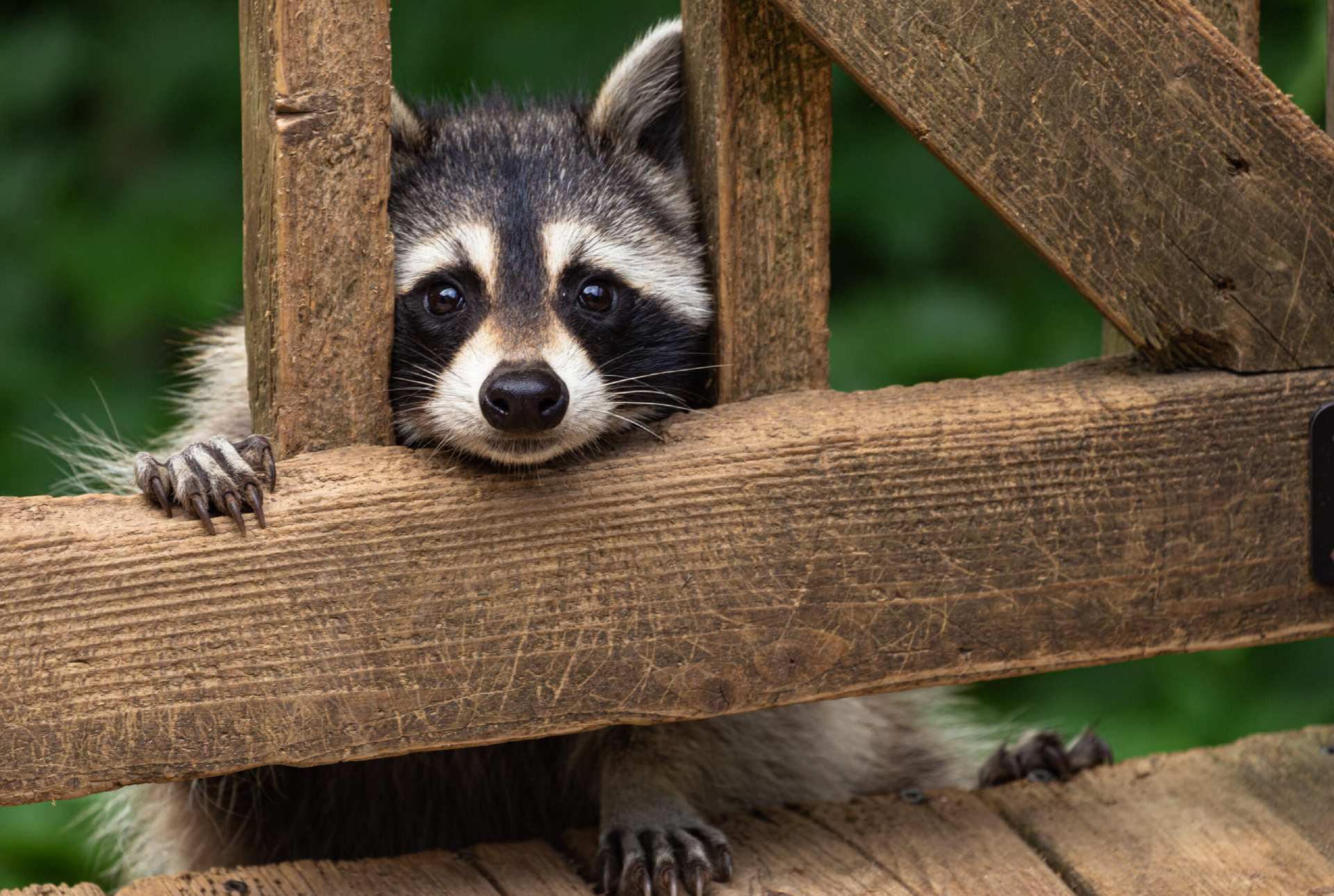What Are the Benefits of Raccoons?

While raccoons are pests that can pose a danger to you and your family (not to mention how they can make a mess around your home), that doesn’t mean that raccoons serve no purpose and do not benefit human life or their environment. In the wild, they play a crucial role in maintaining ecosystems and in urban areas, they can still provide a few benefits to those who live there.
However, it isn’t a good idea to intentionally keep raccoons nearby or on your property. If they’re not very noticeable and don’t disrupt your life, you might not need to remove them. But, if the raccoons are prevalent on your property and do not fear confrontation, you should call in an animal removal service, like WNY Wildlife & Exclusion. We’ll use state-of-the-art, humane methods to remove the critter safely and efficiently.
What are the Environmental Benefits of Raccoons?
Like all living creatures, raccoons play a critical role in their ecosystems. Their role can be likened to gardening or pest controlling, and they’re often referred to as a natural “clean-up crew.”
- Raccoons as gardeners: The raccoon diet is made up of plants, invertebrates, and small mammals. When they consume berries and nuts, raccoons serve as gardeners by distributing the seeds to promote the growth of new plants and trees.
- Raccoons as pest control: Raccoons help control populations of parasitic species, like lizards, frogs, toads, and rats. When these creatures grow abundant, raccoon populations will rise to curb the population growth.
- Raccoons as prey: In the food chain, raccoons also serve as prey for predators such as owls, hawks, coyotes, wolves, and snakes. In the same way that raccoons help control populations of parasitic species, these predators control raccoon populations.
- Raccoons as the clean-up crew: In perhaps their most important role in the ecosystem, raccoons eat carrion (or dead animal carcasses) which helps keep the ecosystem clean. In addition to benefiting ecosystems, raccoons also help keep urban areas clean by consuming dead animals on our streets.
What are Raccoons Good for in Urban Areas?
While raccoons can cause far more problems in urban areas than in the wild, they provide some notable benefits, such as disposing of animal carcasses and roadkill. Other benefits include:
- Raccoons keep your yard free of pests (like wasps and rodents).
- Raccoons dig to contribute to soil turnover, which promotes decomposition and plant renewal.
- Raccoons help protect bees by feeding on wasps, one of the bee’s main predators.
Are Raccoons Dangerous?
In short: yes, raccoons are dangerous and frequently become nuisances. They are known to host a number of different diseases, and they have no qualms about approaching humans for food or digging through our garbage bins. In addition, while they help control pest populations, they can also decimate populations of more welcomed animals, like birds. They can also kill your cat or dog, though they rarely seek out pets as prey.
If you think raccoons could be residing nearby, you should contact an experienced wildlife control operator, like the experts at WNY Wildlife & Exclusion. While the raccoon might not yet bother you, it’s only a matter of time before they become problematic.
Call us at (716) 203-1166 to schedule your raccoon removal services today. We only use safe and humane removal methods and always get the job done.
